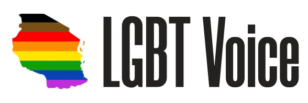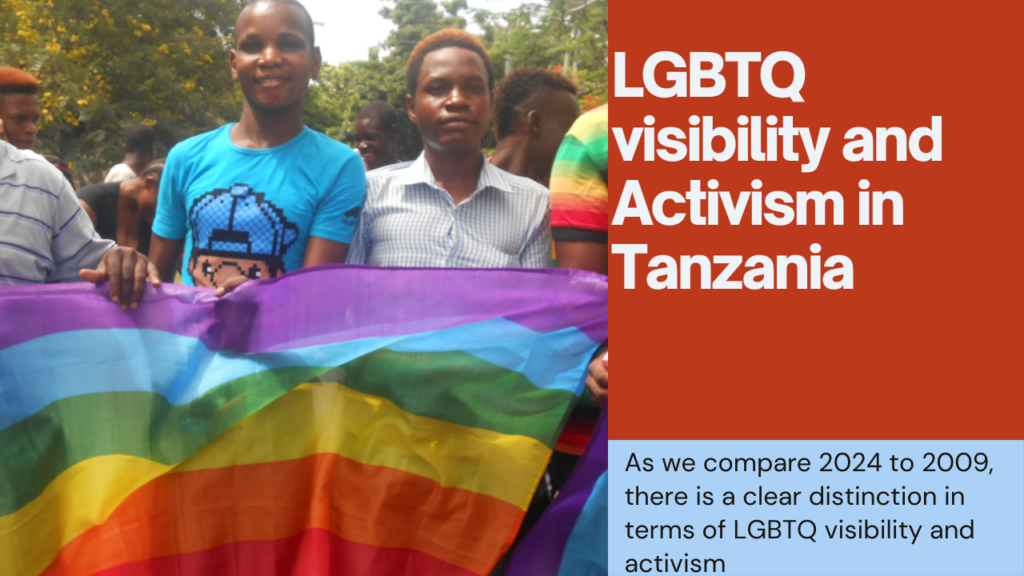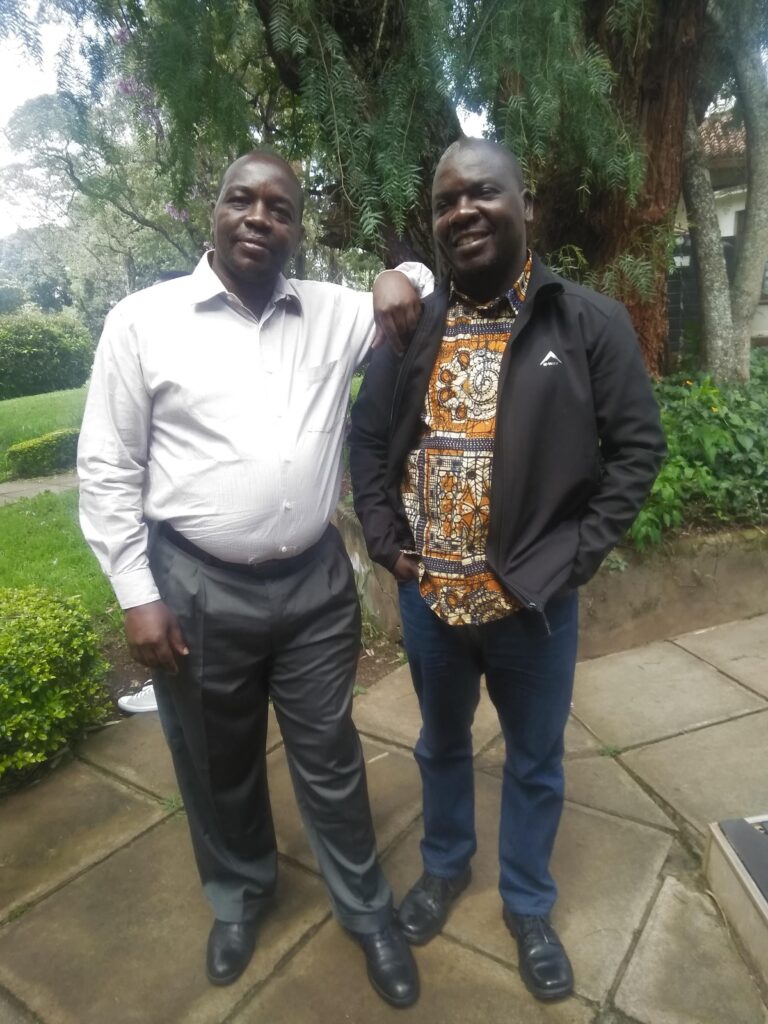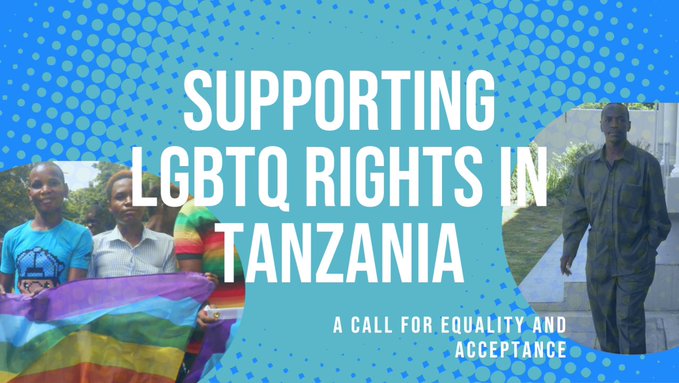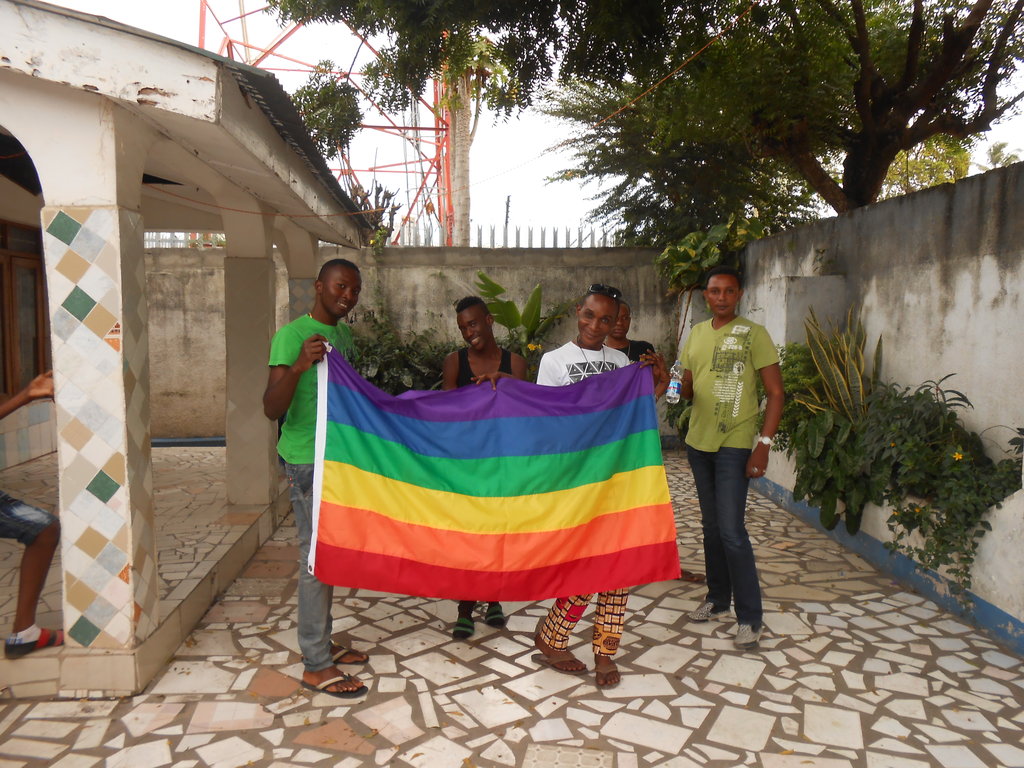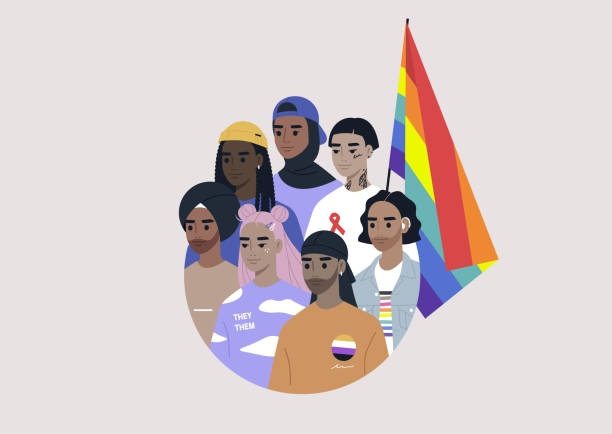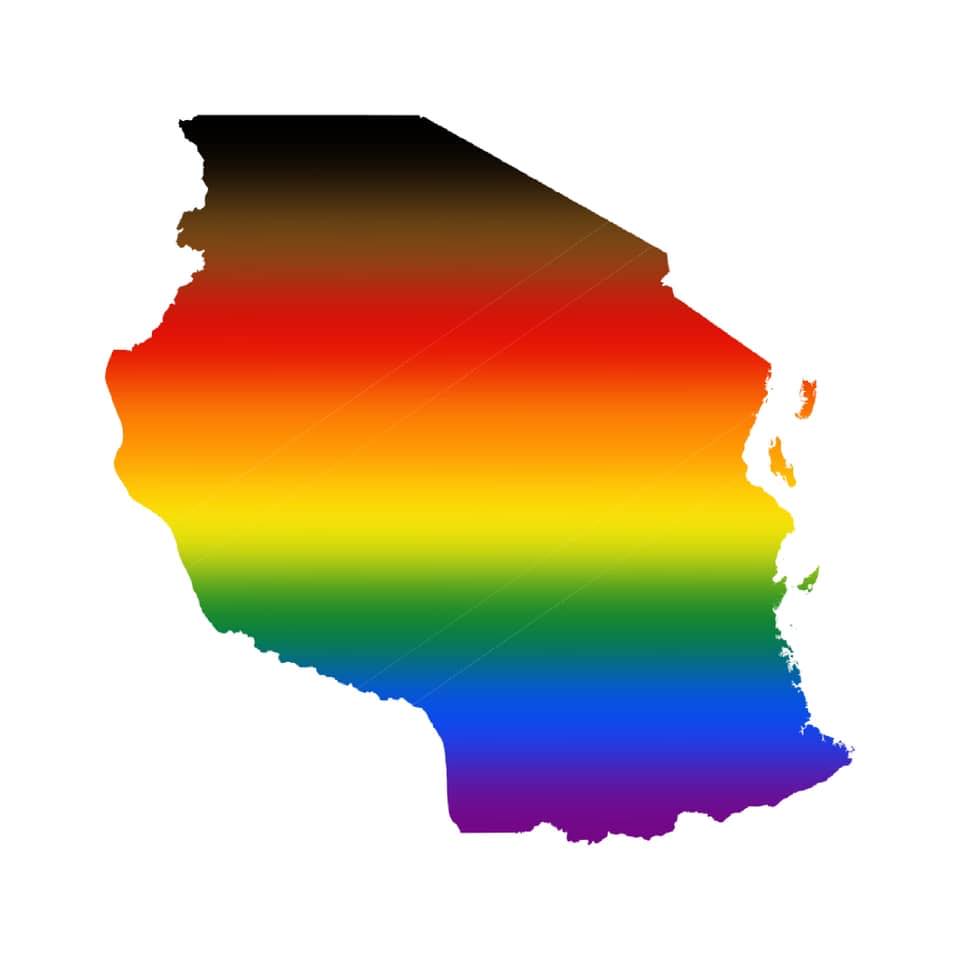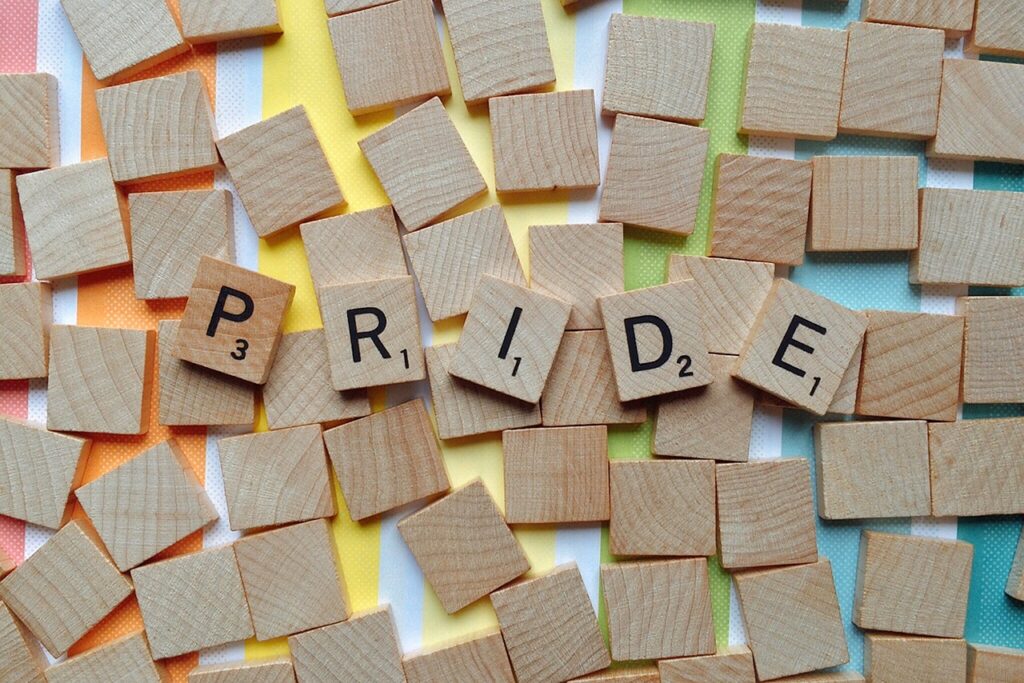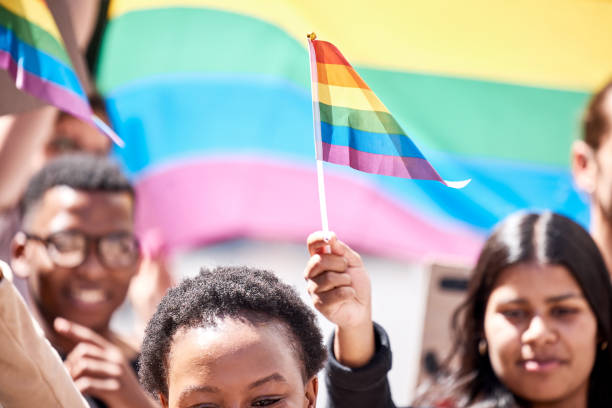When comparing 2024 to 2009, there is a clear distinction in terms of LGBTQ visibility and activism in Tanzania.
Over the past fifteen years, the LGBTQ rights movement in Tanzania has undergone significant transformations and progress, leading to notable advancements by 2024. Back in 2009, the LGBTQ community faced numerous challenges and pervasive discrimination, with limited visibility and support. However, in recent times, there has been a remarkable upsurge in the visibility, support, and […]
